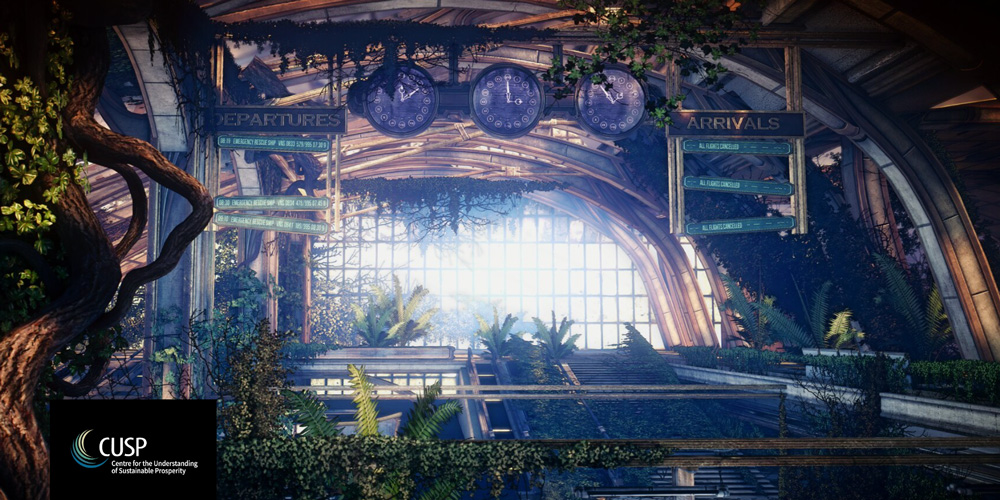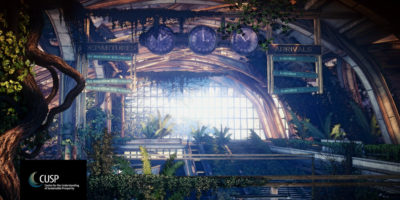Deciding whether it’s too late: How climate activists coordinate alternative futures in a post-apocalyptic present
Journal paper by Joost de Moor and Jens Marquardt
Geoforum, Vol 138 | January 2023

Summary
Climate activists are confronted with an increasing tension between the need for urgent climate action and a sense that it could already be too late to prevent ‘dangerous’ or ‘runaway’ climate change. In this context, scholars observe the spread of a post-apocalyptic environmentalism that understands climate change as already being locked in beyond ‘safe’ limits. This narrative challenges apocalyptic environmentalism, which presents climate disasters as a future threat to be avoided.
In this article, Joost de Moor and Jens Marquardt aim to improve understandings of the profound yet contradictory impact of this narrative shift on climate activism. Specifically, they explore why in some cases, the post-apocalyptic framing is adopted without clearly impacting climate activists’ goals and strategies—which remain informed by a future apocalyptic vision based on notions of solution, control and progress.
Drawing on an ethnographic case study of a British climate movement organisation, the authors explain why apocalyptic strategies can be reproduced despite post-apocalyptic visions, and how this can result in a juxtaposition of strategies perceived as most realistic and strategies actually being pursued.
The paper argues that Tavory and Eliasoph’s (2013) theory about the disjuncture and coordination of imagined futures can help us make sense of this situation. The authors expand this theory by showing the importance of spatialisation as a strategy to overcome temporal contradictions.
The paper is available in open access format via the Science Direct website. If you have difficulties accessing the paper, please get in touch: info@cusp.ac.uk.
Citation
De Moor J and J Marquardt 2023. Deciding whether it’s too late: How climate activists coordinate alternative futures in a postapocalyptic present. In: Geoforum, Volume 138. https://doi.org/10.1016/j.geoforum.2022.103666.



